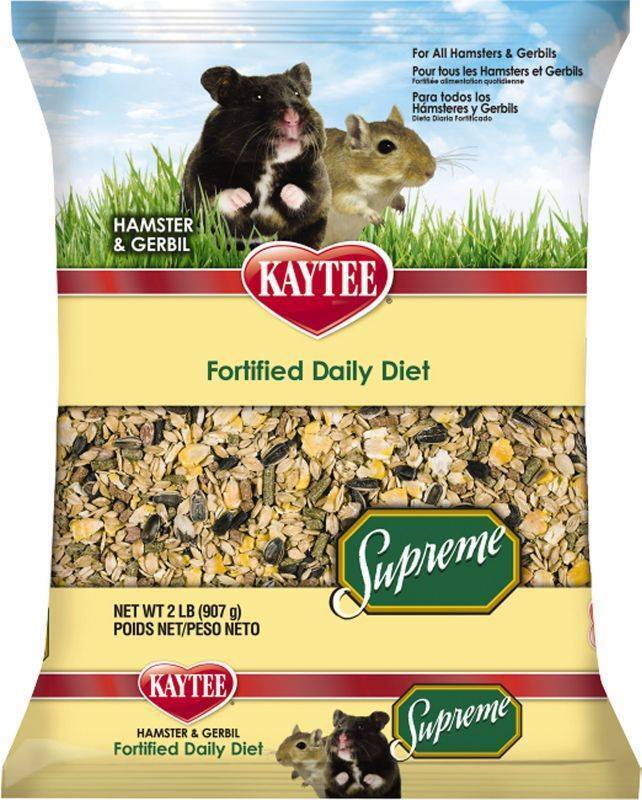Best Hamster Options for Senior Citizens
Choosing a pet can be an enriching experience, particularly for senior citizens looking for companionship. Hamsters can be ideal pets due to their manageable size, low maintenance needs, and charming behavior. In this article, we will explore the best hamster options for seniors, focusing on different breeds, care requirements, and tips to ensure a rewarding pet ownership experience.
Why Hamsters are Great Pets for Seniors
Hamsters are **small pets** that require less physical exertion than larger animals, making them ideal for senior citizens. They thrive in a confined space, demand minimal grooming, and have simple dietary needs. Furthermore, hamster behavior—such as running on their wheels or burrowing—provides entertainment without requiring extensive interaction. Due to their gentle temperament, hamsters prove to be great companions for seniors seeking a pet that is engaging but not overly demanding. The laughter and joy of watching these little critters can significantly brighten a senior’s day.
Types of Hamsters to Consider
When selecting a hamster, it’s crucial to consider different **breeds** that suit varying lifestyles. Here are a few popular options:
- Syrian Hamsters: These larger hamsters are known for their friendly nature and can be quite playful. They are typically solitary animals, so each requires its own cage. Their easier care requirements make them ideally suited for various veterinary needs.
- Dwarf Hamsters: Smaller and often more social than their Syrian counterparts, dwarf hamsters can be housed together, provided they have enough space. They tend to be a lively choice for those who enjoy watching interactions.
- Roborovski Hamsters: Also dwarf-sized, these hamsters are quick and curious, making them slightly more challenging to handle. However, their entertaining personality adds a layer of enjoyment for seniors. They may require more experience in handling.

Cage Requirements and Setup
Setting up a comfortable cage is essential for your hamster’s well-being. Seniors should choose a spacious cage to encourage exploration and exercise. It’s recommended to have:
- Sufficient Space: A cage that’s at least 24 inches long provides ample room for a wheel, bedding, and toys.
- Easy Access: Cages with side doors allow easier access for cleaning and maintenance without the challenge of lifting the cage.
- Safe Material: Make sure to choose cages made from safe, non-toxic materials to prevent any potential health issues.
Hamster Care for Seniors
Caring for hamsters remains straightforward, yet seniors should be mindful of a few essential tasks. Understanding day-to-day care can provide a fulfilling experience for both the pet and the owner.
Feeding and Diet
Feeding your hamster a balanced diet plays a significant role in their overall health. Commercial hamster pellets and seed mixes are readily available. Here’s a simple feeding guideline for seniors:
- Provide high-quality **pellets** or a mix designed for hamsters.
- Introduce fresh vegetables occasionally, such as carrots, broccoli, and peas.
- Ensure fresh water is available daily. A water bottle can help prevent spills.

Regular Cleaning Routine
Keeping the hamster’s environment clean is paramount. Seniors should set aside time weekly to check and clean the cage. Here are simple tips:
- Spot clean daily by removing uneaten food and soiled bedding.
- Wash the entire cage with a pet-safe cleaner once a week.
- Replace bedding according to your chosen materials; just ensure it’s safe for pets.
Engaging Activities with Your Hamster
Spending time with a hamster can be rewarding and provide mental stimulation. Here are some engaging activities seniors can partake in with their pets:
Encouraging Exercise
Hamsters are active creatures by nature. Providing safe toys and observing their exercise routines enriches their lives and offers enjoyment for the owner:
- Exercise Wheels: An essential item, an exercise wheel allows hamsters to burn energy. Ensure it’s suitably sized for your selected hamster breed.
- Tunnels and Playgrounds: Small toys or tunnels encourage natural burrowing and can be a source of joy to watch.
- Curated Playtime: Leaving time for supervised play outside of their cage can create a bond and ensure adequate physical exercise.
Health Monitoring
Regular health checks can preemptively address possible issues. Seniors should assess their hamster’s health by:
- Observing for changes in eating habits or energy levels.
- Checking for clean, clear eyes and healthy fur.
- Scheduling vet visits annually or if any abnormalities occur.
Key Takeaways
- Hamsters provide companionship, low maintenance, and fun for seniors.
- Opt for breeds like Syrian or dwarf hamsters that match lifestyle preferences.
- Focus on proper diet and regular cage cleaning for their well-being.
- Engaging activities and health monitoring keep the bond strong.
FAQ
1. What is the best hamster breed for senior citizens?
The Syrian hamster is often considered the best option due to its friendly nature and solitary lifestyle, making them less demanding than social breeds. Their larger size means they are easier to handle, providing a more straightforward experience for seniors.
2. How often should I clean my hamster’s cage?
It is advisable to clean the hamster’s cage at least once a week. However, daily spot cleaning to remove waste and uneaten food is essential to maintain a safe and pleasant environment for your pet.
3. What types of food can be harmful to hamsters?
Many processed or human foods can be detrimental, including sugary snacks, chocolate, and citrus fruits. It might be wise to stick to a commercial hamster diet along with occasional fresh vegetables for a healthy balance.
4. Can hamsters live together, or are they territorial?
While some breeds, like dwarf hamsters, can live together if introduced correctly in a spacious cage, Syrian hamsters must always be housed alone due to their territorial nature. Proper introductions and ample space are necessary for social hamsters.
5. Do hamsters require special bedding?
Using **aspen shavings**, paper-based bedding, or corn cob-based bedding is suitable for hamsters, as these materials minimize health risks. Avoid cedar and pine bedding due to harmful respiratory issues they might cause.
